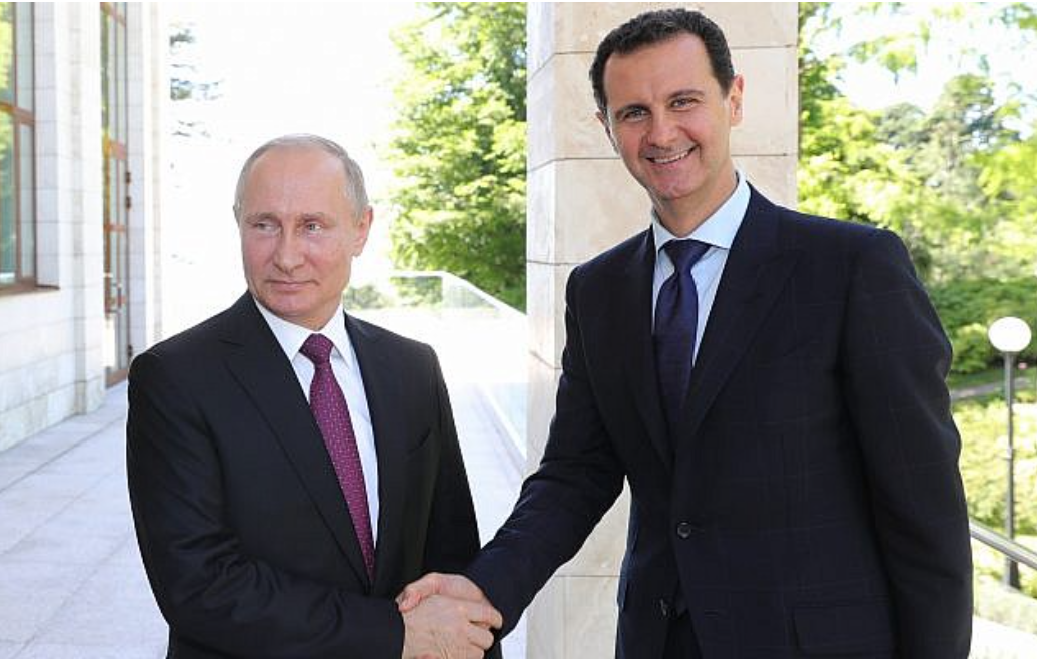A report in the Guardian on Tuesday says the newspaper has obtained official documents not publicly available that show the Assad regime in Syria set up at least three shell companies on the same day for the purpose of avoiding sanctions. The shell companies allow powerful Syrian figures under sanction because of their connections to President Bashar Assad and his regime to buy shares and manage other companies. Complicated, difficult-to-untangle ownership structures are key tools in the avoidance of effective foreign sanctions. The Syrian government has openly boasted about using such techniques.
Last October, Economy Minister Muhammad Samer al-Khalil said that “evading sanctions has become a Syrian craft,” and advised foreign investors “not to appear under their true names in the local market.” That same month, three shell companies, – called Trappist, Generous, and Super Brandy – were established, with majority ownership ultimately linked to Assad’s inner circle of supporters among the country’s powerful economic elite. One of the three owners is Ali Najib Ibrahim, who is a co-owner of Tele Space, a partial owner of Wafa JSC, which was licensed in early 2022 to become the country’s third telecom operator. The other two owners of the new shell companies are the 20-year-old and 21-year-old daughters of Ahmad Khalil Khalil, who half owns Tele Space, in partnership with Ibrahim. Khalil is also co-owner of Sanad Protection and Security Services, which oversees the protection of Russian phosphate shipments from central Syria to Tartus Port.
Khalil’s partners in Sanad Protection include additional figures who are under sanction or who own businesses under sanction, who are involved in bankrolling the Assad regime through smuggling and the drug trade. The Guardian quoted Eyad Hamid, a senior researcher at the London-based Syrian Legal Development Program, as saying, “It is important [to continue to track shell companies] as it is part of the asset freeze and drying-up of resources the regime is using to violate human rights in Syria. … There needs to be more investment, investigations, and on-the-ground sources to keep up with these changes in the Syrian business scene because it’s not a stable environment, it keeps shifting.”
At a time, when Western regulators are searching hard to detect sanctions evasion by Russia, Syria seems a logical place to keep an eye on. Russian investments and money to Syria can easily be funneled to new shell companies.
Follow our English language YouTube videos @ REAL TURKEY:
https://www.youtube.com/channel/UCKpFJB4GFiNkhmpVZQ_d9Rg
And content at Twitter: @AtillaEng
